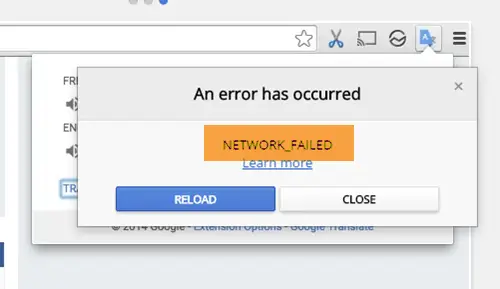
Windows will automatically check for updates available and install them.
 Once in the update settings, click on the button which says “Check for updates”. Click the first search result that appears. Press the Start button on your keyboard and in the Windows search box, type in “ Windows update”. These images weren't malicious or annoying as much as they were alerting visitors to current promotions and specials in an unobtrusive way.So, another simple troubleshooting step to consider is updating your PC’s software. I guess the lesson is: Be careful what you name your images. While I was able to fix the layout issues with CSS before finding Kabir's solution, the CSS was somewhat unnecessary and affected the flexibility of the slider to handle images of multiple sizes. Turn it off and/or rename your image files.Īlso, because of the inline CSS created by AdBlock, the layout of my promotions slider was being thrown off. If any of these things is happening to you, it probably has something to do with AdBlock. Later I noticed that these inline styles were added to all the image elements: display: none !important įinally, I did not receive any "failed to load resource" messages in the console, but rather this: Port error: Could not establish connection. The redirect request headers were all for this identical short line of base64-encoded data, and each returned no response, although the status was "Successful": GET data:image/png base64,iVBORw0KGgoAAAANSUhEUgAAAAEAAAABCAYAAAAfFcSJAAAACklEQVR4nGMAAQAABQABDQottAAAAABJRU5ErkJggg= HTTP/1.1
Once in the update settings, click on the button which says “Check for updates”. Click the first search result that appears. Press the Start button on your keyboard and in the Windows search box, type in “ Windows update”. These images weren't malicious or annoying as much as they were alerting visitors to current promotions and specials in an unobtrusive way.So, another simple troubleshooting step to consider is updating your PC’s software. I guess the lesson is: Be careful what you name your images. While I was able to fix the layout issues with CSS before finding Kabir's solution, the CSS was somewhat unnecessary and affected the flexibility of the slider to handle images of multiple sizes. Turn it off and/or rename your image files.Īlso, because of the inline CSS created by AdBlock, the layout of my promotions slider was being thrown off. If any of these things is happening to you, it probably has something to do with AdBlock. Later I noticed that these inline styles were added to all the image elements: display: none !important įinally, I did not receive any "failed to load resource" messages in the console, but rather this: Port error: Could not establish connection. The redirect request headers were all for this identical short line of base64-encoded data, and each returned no response, although the status was "Successful": GET data:image/png base64,iVBORw0KGgoAAAANSUhEUgAAAAEAAAABCAYAAAAfFcSJAAAACklEQVR4nGMAAQAABQABDQottAAAAABJRU5ErkJggg= HTTP/1.1 
Later down the line, there was a second request that listed the original URL and then "Redirect" as the Initiator.

The first request would return no response (Status "(pending)"). I was using Chrome's network tab to debug and finding very confusing results for these specific images that failed to load. This wasn't a cross-domain issue for me, and it failed on both localhost and on the web. My image URL was /images/ads/homepage/small-banners01.png,Īnd this was tripping up AdBlock.







 0 kommentar(er)
0 kommentar(er)
